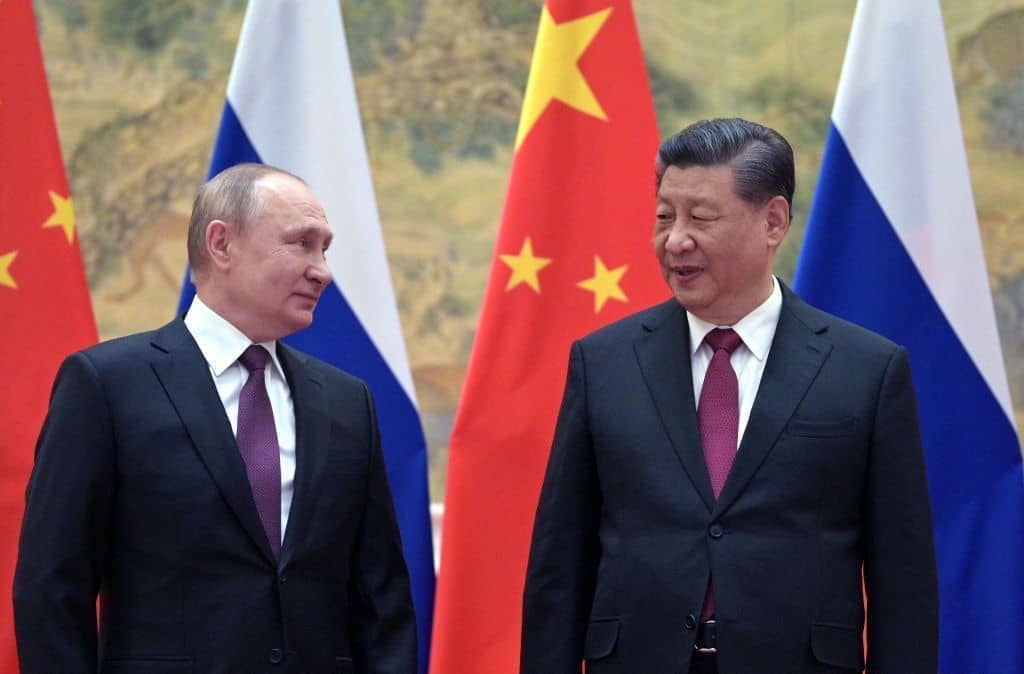A few hours after Vladimir Putin sent his tanks into Ukraine, Beijing announced that Russian wheat, previously barred because of fungal contamination, was now disease-free and large scale imports to China would begin. It was a first tangible sign of Xi Jinping’s willingness to cushion the blow of western sanctions on the Russian economy, and in effect underwrite Putin’s Ukrainian aggression.
Russia is one of the world’s biggest wheat producers, and trade is highly vulnerable to western restrictions. China’s wheat lifeline followed the signing last month of a 30-year contract for Russia to supply natural gas to China’s north east and a commitment to far greater energy cooperation. Significantly, the gas deal was in euros rather than US dollars, the usual currency of the resource markets.
China said its ultimate aim was to expand the use of its own currency, the yuan, in trade settlements between the two countries – a move that would further protect Russia from international financial sanctions.

Get Britain's best politics newsletters
Register to get The Spectator's insight and opinion straight to your inbox. You can then read two free articles each week.
Already a subscriber? Log in







Comments
Join the debate for just £1 a month
Be part of the conversation with other Spectator readers by getting your first three months for £3.
UNLOCK ACCESS Just £1 a monthAlready a subscriber? Log in